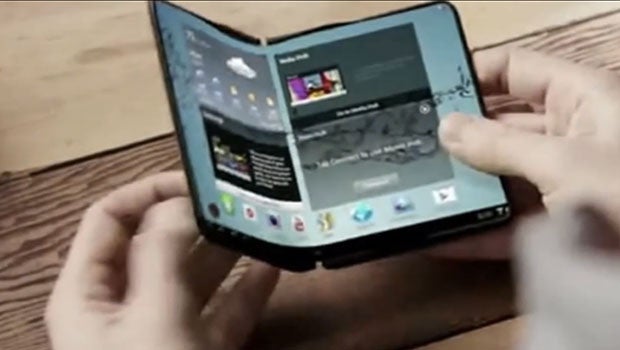LG: Foldable phones are already possible, but they’re inconvenient

Looking to the future of the mobile space, LG has revealed the required technologies are already in place to create fully foldable phones, but the positive user cases are still missing.
Speaking with TrustedReviews during CES 2015, LG’s Head of Smartphone Planning, Dr Ramchan Woo has branded foldable phone’s ‘inconvenient’, suggesting the futuristic tech actually pushes users back to the era of the clamshell.
“Foldable phones is already a possible technology,” he told us at the launch of the curved LG G Flex 2.
“
Although the technology is there, Dr. Woo suggested LG has yet to find a suitable consumer solution for the feature.
“If you look at our standard user cases for daily use, when you bend the screen all the way, you would have to open it like a clam shell every time which is inconvenient.
“Technologically our displays are ready to be bendable, but we have to study more to find out which method is right for daily use.”
Related: LG G4 release date
While the LG G Flex 2 might be seen by some as a stepping stone to a future of foldable phones, the gulf between the two technologies is quite profound.
With the latest G Flex offering featuring a 700-radius curve, Dr. Woo has suggested foldable devices could move to a 50-radius bend.
“We can bend it further,” he stated. “You could bend it like a newspaper – maybe 50 radius – but this isn’t the right curvature for your eyes.

